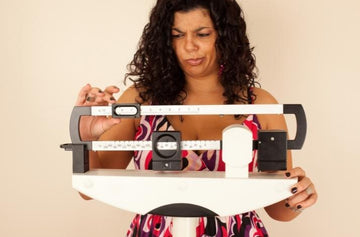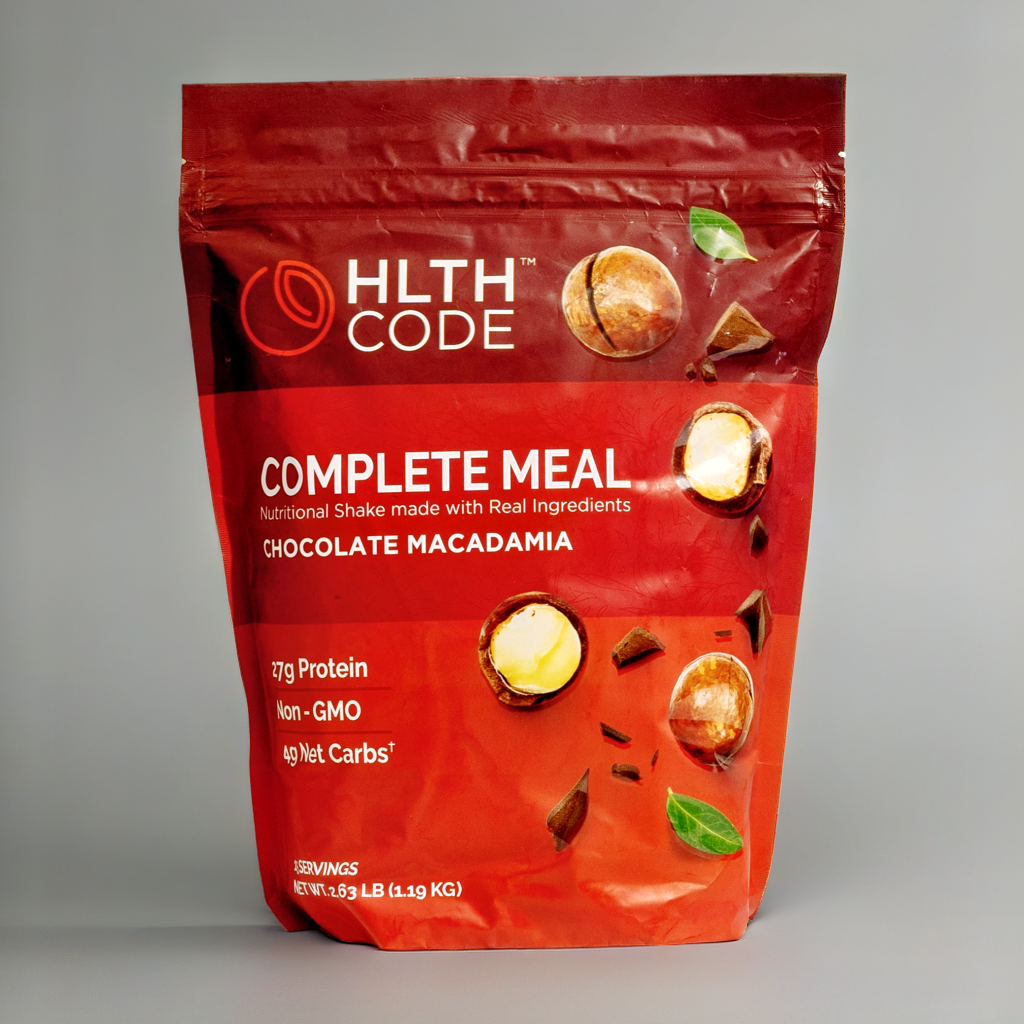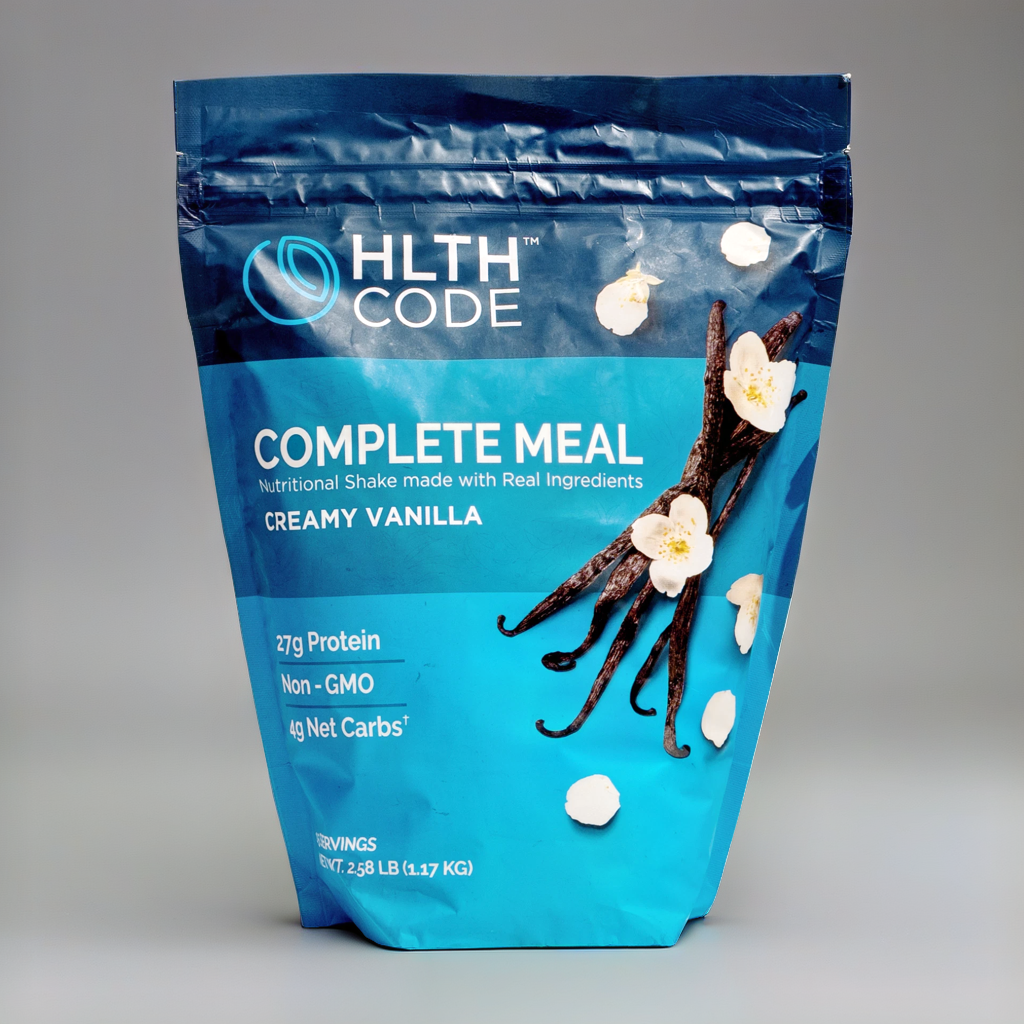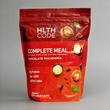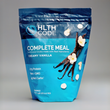How long does it take to lose weight?
There have been persistent increases in obesity statistics yearly, and we now know that 41.9% of US adults have obesity [1]. With obesity rates climbing higher, more and more people are deciding to get healthy and change their eating habits. With dietary changes come challenges, and one of those challenges is consistently meeting expectations or hitting weight loss goals. One of the challenges is understanding how much weight is realistic to lose and setting realistic weight loss goals. There is nothing more discouraging than not meeting your goals. Let’s take a minute to understand what realistic weight loss is and how to set goals you can meet.
Everywhere you look, weight loss promises are headlined, “Lose 20 lbs in a Week” and “Lose 10 lbs in Three Days,” none of which are realistic or even safe. It’s easy to be very interested when something is promising this dramatic weight loss, but guard yourself as it’s likely a false promise. It’s also important to note that rapidly losing weight can promote muscle mass loss, slowing metabolism [2]. Focusing on quick weight loss often leads to weight regain once the diet becomes unsustainable. Rapid weight loss can also lead to dehydration, gallstones, and malnutrition [9].
The first step in realistic weight loss is understanding that long-term, sustainable weight loss doesn’t happen overnight. Everyone’s journey looks a little different, and there are some factors to consider when setting goals. How old you are and your sex will affect the rate of weight loss. Men lose weight up to 16% faster than women on the same diet, likely due to muscle mass and hormonal reasons [3]. It’s also important to note that we tend to lose muscle mass as we age, which can also slow weight loss. Another factor that impacts the rate of weight loss is your starting weight. The higher your starting BMI, the faster you tend to lose weight, and this typically slows as you get closer to a healthy weight range. Lastly, some medical conditions can hinder weight loss – PCOS, hypothyroidism, chronic stress, and insulin resistance [4].
Lastly, ketogenic dieters report higher weight loss in the beginning few weeks due to water weight loss. However, even though the first few weeks are water weight losses, being in ketosis is advantageous to burn more stored body fat than regular dieting [5,6].
With all that in mind, let’s discuss a realistic weight loss timeline and what to expect. Set your goal for 1-2 lbs a week in the first month or so. This number is “give or take” because there are so many factors to consider, but overall this is a very realistic goal. Whether you have 20 lbs or 100 lbs to lose, losing 1-2 lbs a week is a healthy and sustainable number to achieve. This number is also realistic to focus on long-term [7]. Now, you may be wondering how to figure out how much weight you should lose. If you’re overweight or obese, setting a goal of losing 5-10% of your body weight is a good idea to start with as a short-term goal [8]. A 5-10% weight loss can show significant metabolic benefits. A more detailed number could be obtained by discussing weight loss with your doctor. Long-term goals can be created using the 1-2 lbs weight loss per week alongside your final weight loss goal.
Realistically, these numbers are what to expect in a perfect world, but things like peri-menopause, weight-loss plateaus, medications, and hormonal changes, may slow you down. Focusing on your goals, keeping them in front of you, and giving yourself grace when it comes to your weight-loss journey are essential. Remember that changing your diet has many health benefits that may or may not be reflected on the scale. Consistency and discipline long-term will help you meet your weight loss goals.
Temple Stewart is a Registered Dietitian Nutritionist specializing in low-carb/ketogenic diets. She graduated from the University of Tennessee before starting her career at the Veteran’s Affairs hospital in Bay Pines, Florida. She now operates a telehealth private practice focusing on health and weight loss. You can find her on Instagram @The.Ketogenic.Nutritionist.
References
1. Centers for Disease Control and Prevention. (2022, November 29). Nhanes – National Health and Nutrition Examination Survey homepage. Centers for Disease Control and Prevention. Retrieved December 19, 2022, from https://www.cdc.gov/nchs/nhanes/index.htm
2. Cava, E., Yeat, N. C., & Mittendorfer, B. (2017). Preserving Healthy Muscle during Weight Loss. Advances in nutrition (Bethesda, Md.), 8(3), 511–519. https://doi.org/10.3945/an.116.014506
3. Christensen, P, Meinert Larsen, T, Westerterp-Plantenga, M, et al. Men and women respond differently to rapid weight loss: Metabolic outcomes of a multi-centre intervention study after a low-energy diet in 2500 overweight, individuals with pre-diabetes (PREVIEW). Diabetes Obes Metab. 2018; 20: 2840– 2851. https://doi.org/10.1111/dom.13466
4. Finkler, E., Heymsfield, S. B., & St-Onge, M. P. (2012). Rate of weight loss can be predicted by patient characteristics and intervention strategies. Journal of the Academy of Nutrition and Dietetics, 112(1), 75–80. https://doi.org/10.1016/j.jada.2011.08.034
5. Fernández-Elías, V. E., Ortega, J. F., Nelson, R. K., & Mora-Rodriguez, R. (2015). Relationship between muscle water and glycogen recovery after prolonged exercise in the heat in humans. European journal of applied physiology, 115(9), 1919–1926. https://doi.org/10.1007/s00421-015-3175-z
6. Anton, S. D., Moehl, K., Donahoo, W. T., Marosi, K., Lee, S. A., Mainous, A. G., 3rd, Leeuwenburgh, C., & Mattson, M. P. (2018). Flipping the Metabolic Switch: Understanding and Applying the Health Benefits of Fasting. Obesity (Silver Spring, Md.), 26(2), 254–268. https://doi.org/10.1002/oby.22065
7. https://www.mayoclinic.org/healthy-lifestyle/weight-loss/in-depth/weight-loss/art-20047752#:~:text=But%20do%20you%20really%20know,diet%20and%20regular%20physical%20activity.
8. Ryan, D. H., & Yockey, S. R. (2017). Weight Loss and Improvement in Comorbidity: Differences at 5%, 10%, 15%, and Over. Current obesity reports, 6(2), 187–194. https://doi.org/10.1007/s13679-017-0262-y
9. Johansson, K., Sundström, J., Marcus, C., Hemmingsson, E., & Neovius, M. (2014). Risk of symptomatic gallstones and cholecystectomy after a very-low-calorie diet or low-calorie diet in a commercial weight loss program: 1-year matched cohort study. International journal of obesity (2005), 38(2), 279–284. https://doi.org/10.1038/ijo.2013.83
This article is for informational and educational purposes only. It is not, nor is it intended to be substitute for professional medical advice, diagnosis, or treatment and should never be relied upon for specific medical advice.





